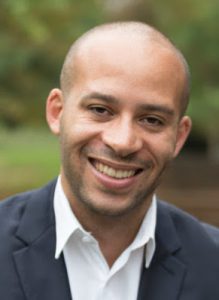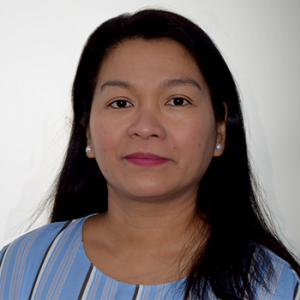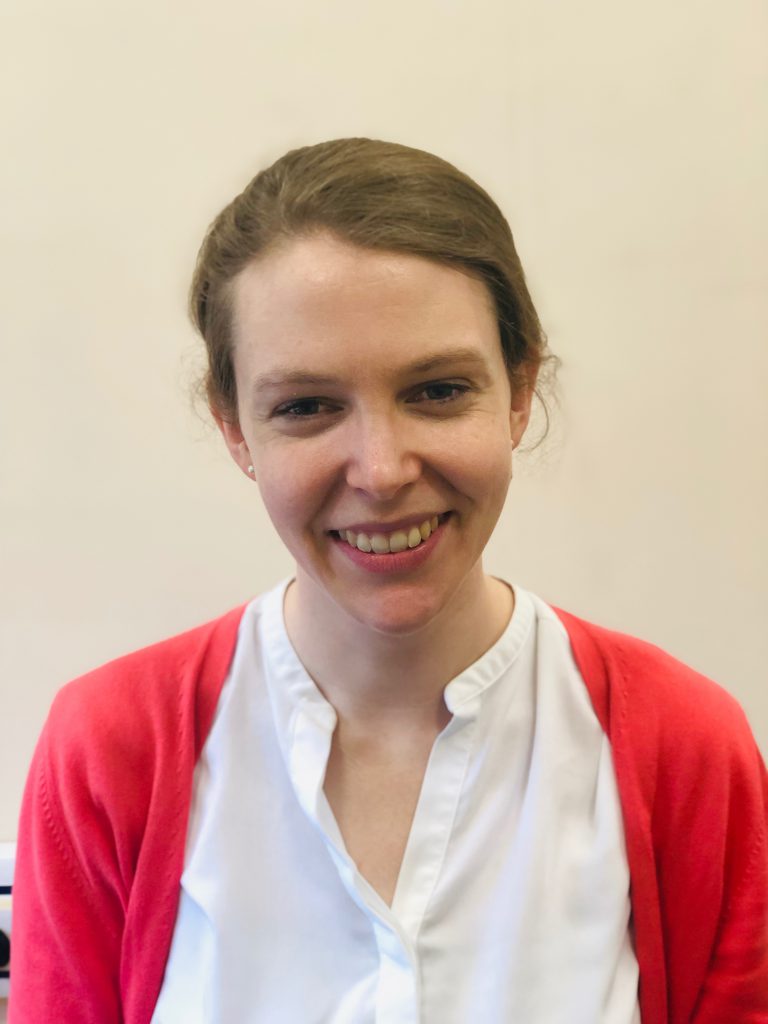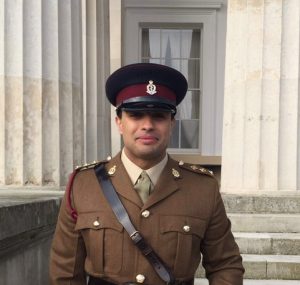In this blog post we introduce you to one of our Health Professional Researchers (HPRs) at King’s, Dr Graham Blackman:
- Graham is in the third year of his PhD funded by MRC, and is in his fourth year of specialty training in General Adult Psychiatry
- Graham is based in the Department of Psychosis Studies within the Institute of Psychiatry, Psychology & Neuroscience
- Graham’s working thesis title is The Association between Peripheral Markers of Inflammation and Clinical Outcomes in Psychosis
Graham, could you give us a brief summary of your route into a PhD, including previous research experience, and how this was funded?
I originally studied psychology at University before deciding to complete a graduate entry medicine degree. Prior to studying medicine, I had a couple of years of research experience under my belt which was really helpful in getting a flavour of what it was all about. Prior to taking time out of clinical training to complete a PhD, I was an academic clinical fellow (ACF) on the Maudsley Training Programme which provided 25% protected research time. I’ve long considered a career in research, so taking time out of clinical training when the opportunity arose felt natural.
What are your long-term ambitions for your clinical academic career?
After completing my PhD, I will be returning to clinical practice to complete my training and gain my Certificate of Completion of Training (CCT). I hope to continue having some protected research time during the rest of my clinical training to further several clinical studies that I’m involved in which look at improving clinical care in patients suffering with psychosis. Ultimately, my long-term ambition is to be able to balance a career as a clinician and academic.
What tips would you give to a clinician newly embarking on an out-of-programme research project e.g. a PhD or MD(Res)?
My main advice would be to gain research experience as early as possible. The time frame to conceive, plan, execute and publish a study is quite considerable and therefore careful planning is necessary. The other piece of advice I would give a budding clinical academic would be to seek out opportunities to work alongside a research team with a track record of securing grants and publishing in high impact journals.
What support has been most helpful to you in terms of navigating your clinical academic career to date?
In terms of formal support, being a clinical academic within the Maudsley and IoPPN has been hugely beneficial in providing the infrastructure, training, and support to navigate a rewarding, yet challenging career path. For example, through the ACF programme I was enrolled in a postgraduate certificate in clinical research, had protected research time, and dedicated training days. Informal support has also been critical – particularly in the form of advice and mentoring from other trainees, as well as more senior colleagues.
What is the most rewarding thing about being a clinical academic researcher?
This is entirely personal, but in my case it’s the opportunity to continue to learn and challenge myself – there are so many facets to research, from generating research ideas, to managing a project through to completion, to analysing the data and disseminating the results. Furthermore, the chance of making a contribution towards improving care in patients suffering a serious mental disorder is a huge privilege. Finally, my experience in clinical research has really helped improve me as a psychiatrist by gaining a much deeper understanding of the disorders I see on the wards and in clinic.



